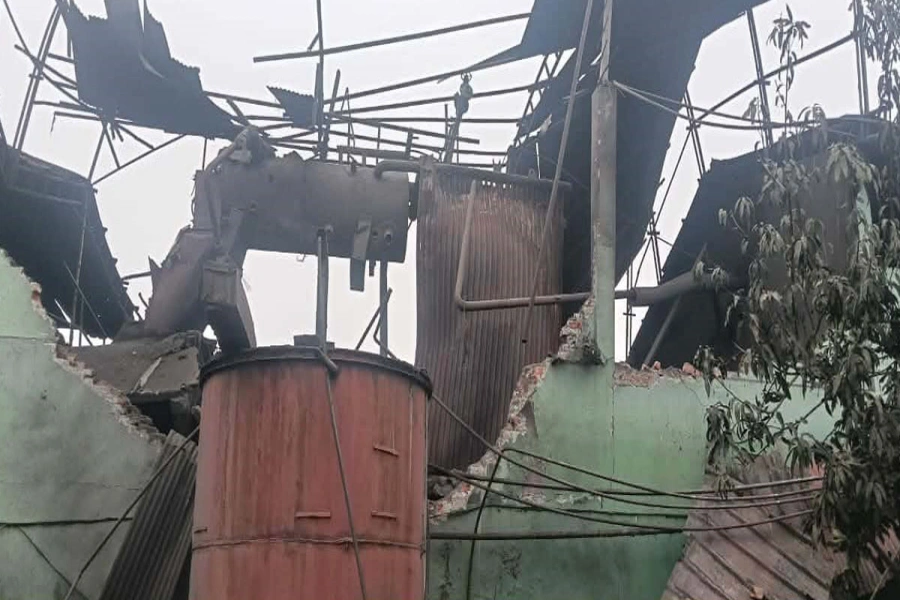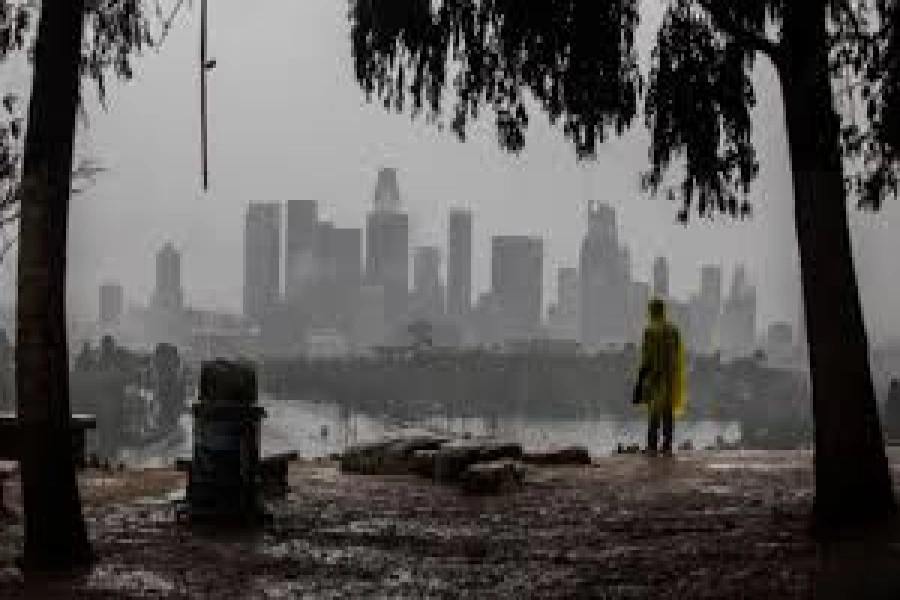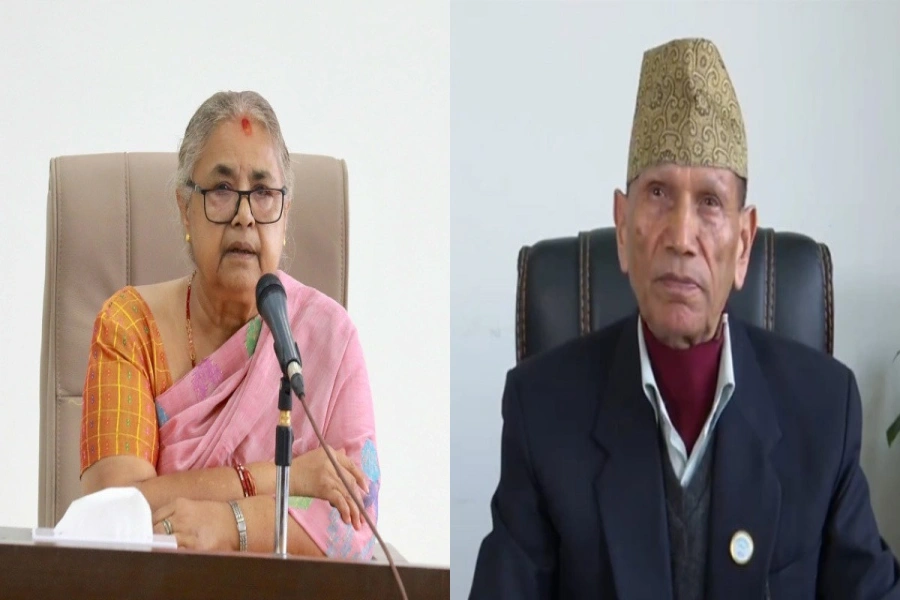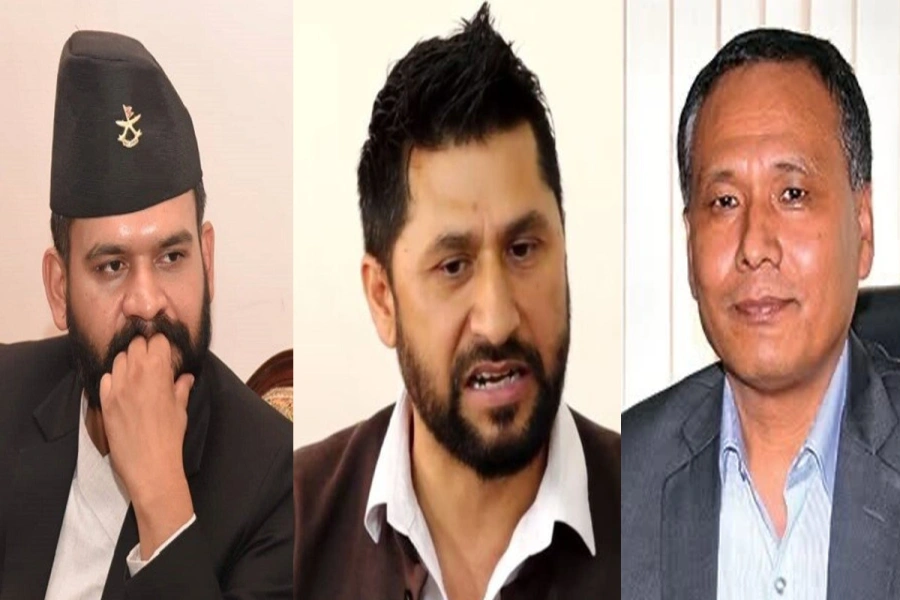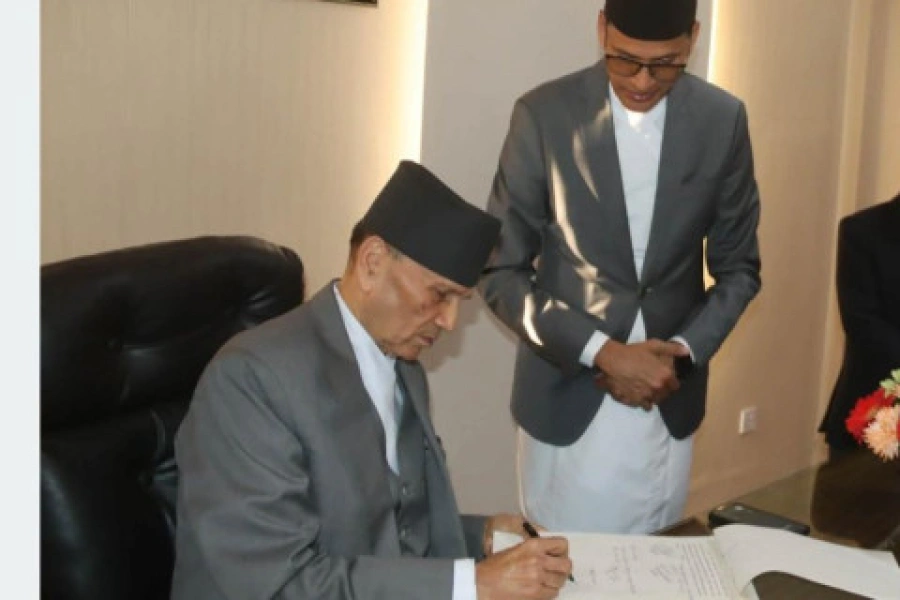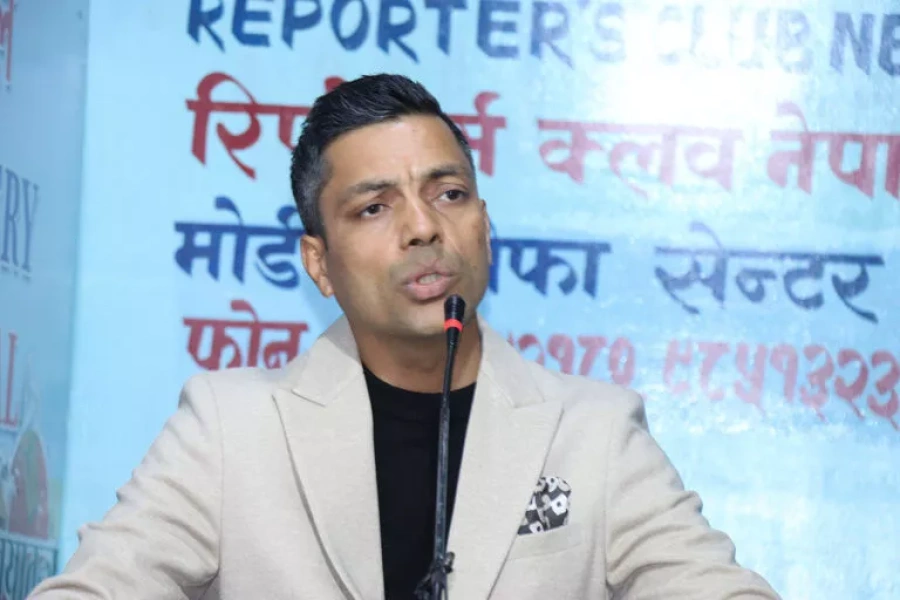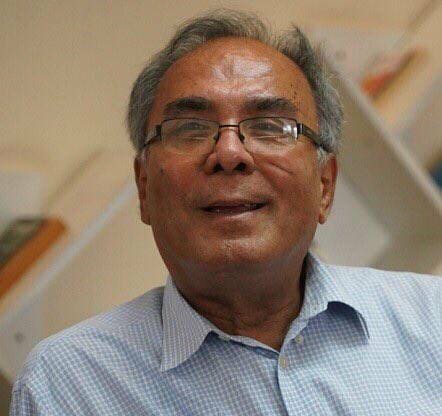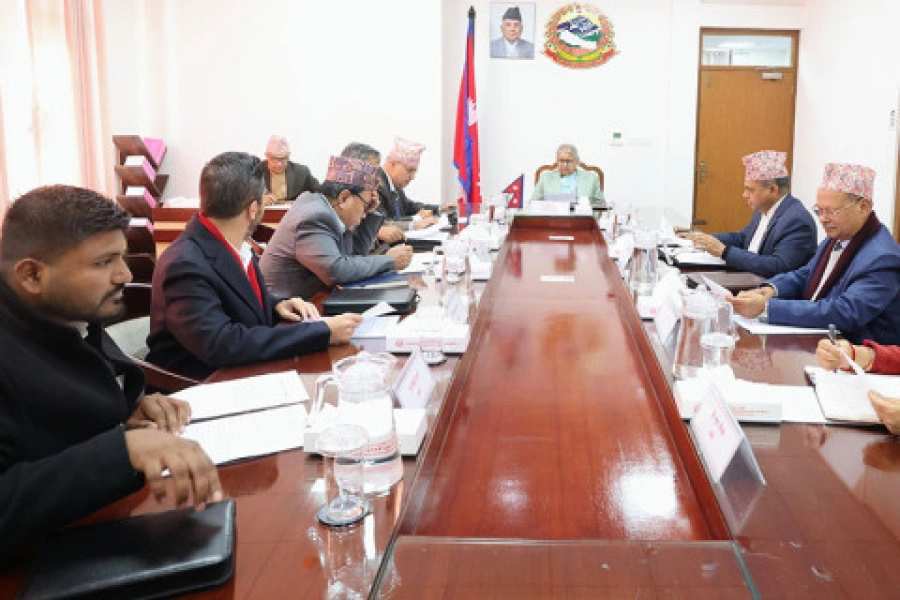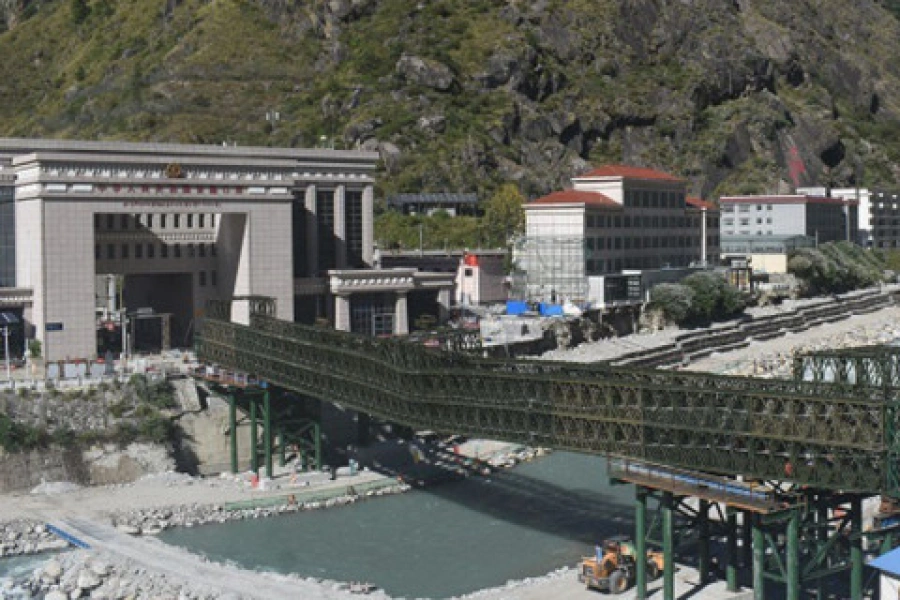There is no denying that all the calculations of the farming community went for a toss following a very, very dry monsoon. According to the Ministry of Agriculture, wheat production nosedived by 15 percent this season. Similarly, the production of pulses went down by 6 percent. And one does not have to be a rocket scientist to imagine how badly rice production will be hit considering that when monsoon finally arrived in Nepal last week, a full one and a half months later, the rice planting season had almost ended.
However, since agriculture is totally dependent on the weather (over which we have no control), it would have been both wise and responsible to prepare for such an eventuality. If we are having an extremely lean season this year, we have also had robust seasons in the past. If we had a buffer stock or storage facilities, something that the government has envisaged in this year’s budget, maybe things would not have been as gloomy as it is now. Moreover, it’s preposterous to learn from our district correspondents that food stock in a number of Nepal Food Corporation warehouses are unused when people in some parts of the country are struggling to have two square meals a day.
As Thomas Hager argues in the article “Key to ending hunger”, shortage of food is a fallout of our inability to take it to places where it is most needed; it’s not because of the lack of it. In fact, he makes the point quite forcefully that because of Green Revolution and the use of fertilizers “food production has not only kept up with population growth but has managed somehow to outstrip it.”
Two major areas that the government need to urgently focus on is developing a strong supply chain mechanism and investing resources on irrigation. It’s really unfortunate that the country so far hasn’t seen any investment on major irrigation projects, which is the lifeline for an agricultural country.
The least that the government can do immediately is to take whatever necessary measures to ensure food supply to the affected areas while, at the same time, taking steps to prevent such a situation from cropping up in the future. Nature has blessed us with fertile land and wonderful weather and Nepalis do not in any ways deserve to suffer from the problem of food security.
Eating junk food is bad for health!



